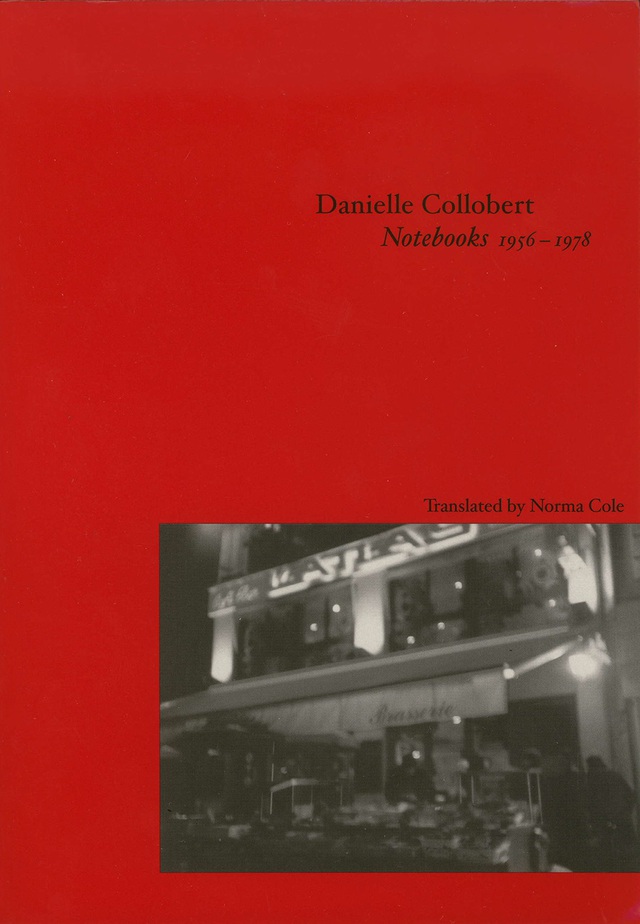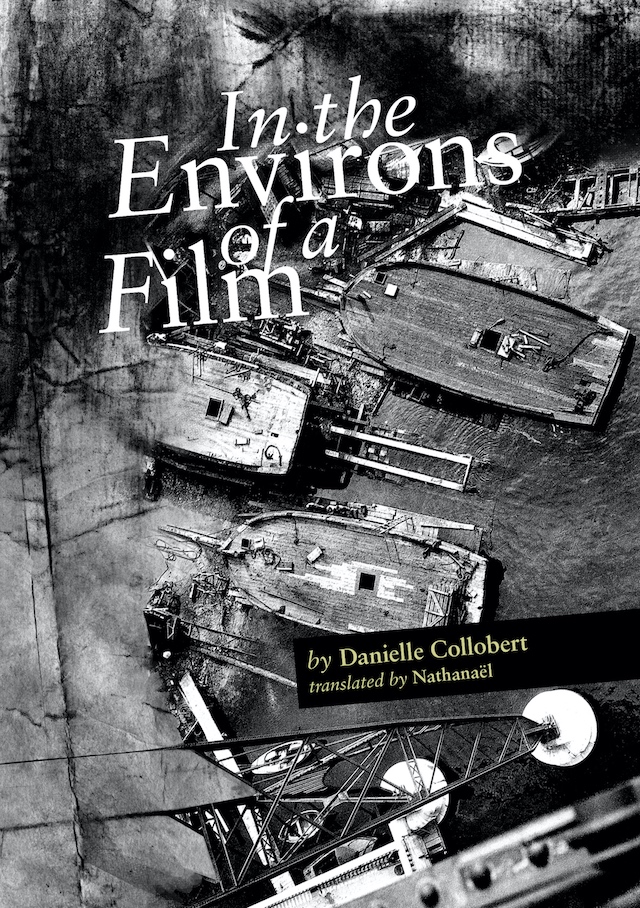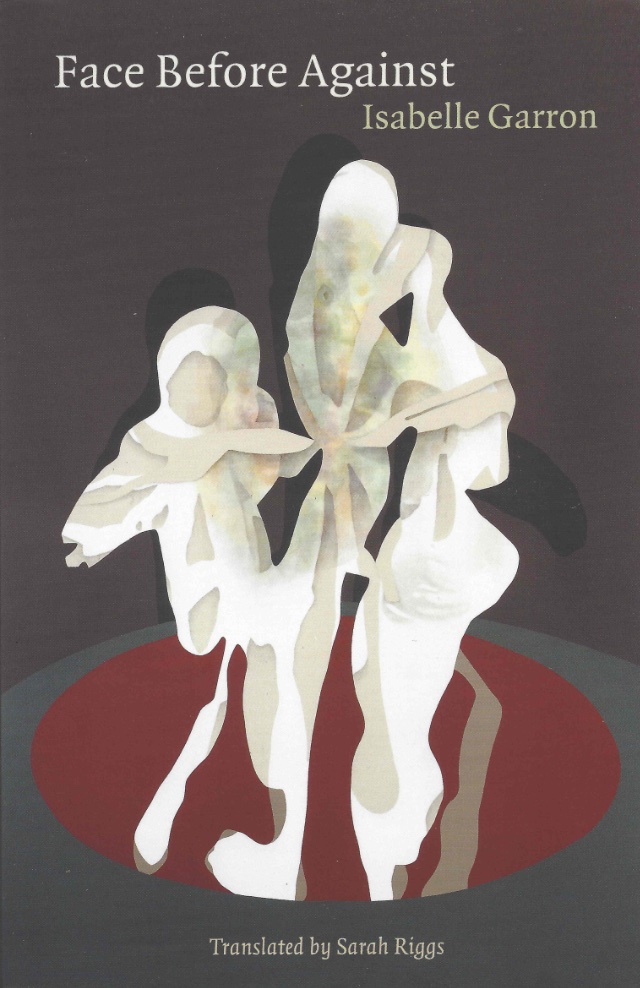2014 Best Translated Book Award Finalist
Murder is Danielle Collobert’s first novel. Originally published in 1964 by Éditions Gallimard while Collobert was living as a political exile in Italy, this prose work was written against the backdrop of the Algerian War. Uncompromising in its exposure of the calculated cruelty of the quotidian, Murder’s accusations have photographic precision, inculpating instants of habitual violence.
Danielle Collobert
Nathanaël
Praise for Murder
Danielle Collobert was one of the strongest, yet also one of the most subtle—and the most marginalized—poetic voices to emerge from post-WW2 France. Born in 1940, she passed her earliest years in a Résistance atmosphere—various members of her family were active, particularly her father, who belonged to the Armée secrète, and she carried that vigilant and exigent imperative with her throughout her life. Always acutely attentive to the lived experience of others, to their pain, in this early work, she explores the world of one who is “marked,” yet she does so through an “I” that makes this experience, and so many others, suddenly intimate, even intrusive. The “I” becomes a “we” that cannot be refused, and yet the sense of isolation—the possibility, which is the inevitability, of isolation—is what actually enables the text and creates its possibilities, which are myriad—and all magnificently rendered through Nathanaël’s translation, which multiplies these possibilities and emphasizes the refusal of isolation that Collobert’s text ultimately enacts. It’s a political statement that works through the most internal channels, and that demands entrance into the reader’s most constitutive zones.
— Cole Swensen
1960: Danielle Collobert was 20 years old, working in an art gallery, when she began writing the sharply contoured prose fictions—mini-récits, or little accounts or “tellings” that appear in Murder. 1961: The Algerian War. Collobert entered the underground network of the National Liberation Front (Algeria), emerging a year later and completing this book. As her dear friend Uccio Esposito Torigianni says, she speaks essentials: of writing and of death. This compelling book, Meurtre (Murder), supported by Raymond Queneau, was published in 1964 by Gallimard. 2013: Finally, Murder, the luminous translation of Collobert’s seminal Meurtre by the perfect translator, Nathanaël, author of many books including Absence Where As (Claude Cahun and the Unopened Book) and accomplished translator of Gail Scott, Hilda Hilst, Édouard Glissant and others.
— Norma Cole
A tracking of the confluences in melancholic nature, the signification in Collobert’s important writing attends to joining the many outside solitary rooms. A man digs in sand encircling himself to stand; another swings a door open and is one day struck back by greater force; others chisel away at a mountain, unwittingly becoming arrested statues of selves in formation this way (elsewhere: “I know there exists a certain continuity between this stone and the entire face of the girl”). Nathanaël’s admirable translation brings forth what I listen for when I read: “the cry out on the plain,” “half-light,” “the memory of a beautiful exhaustion.”
— Douglas A. Martin
Danielle Collobert respects the most rigorous directions. She radicalizes the minimalism (of language, gesture, ideology) which could have been Beckett’s at the close of the surge of the propaganda, and the certainties, which characterize the middle of this century. She extends the tactical neutrality of the Nouveau Roman. But this is no retreat: it is a matter, for her, of preserving the engagement of the writer from the bloody perversions of our ideals. The writer is not situated outside of History’s contradictions. By the virtual power of words, she is situated both on the side of the executioners and the victims.
— Dominique Grandmont





A haunting and dense text that occupies a liminal space between short story and prose poem, Collobert’s first novel, originally published in 1964, is presented here in a stunning and precise translation by Nathanaël.
— Publisher’s Weekly
Collobert’s language comes after WWII. It is imprinted by it. But the political dimension of this morbid actuality is not, I would argue, unilateral: the enemy is also oneself. The figures moving through Meurtre are murdered and murderers, they are both executioner and victim; the force driving them to deaths sustained or committed is never made explicit or specific; one might go so far as to say that the vital impulse of this work is stifled by the permanent recognition that one stands ever before a firing squad…
— Nathanaël, interviewed by Kit Schluter